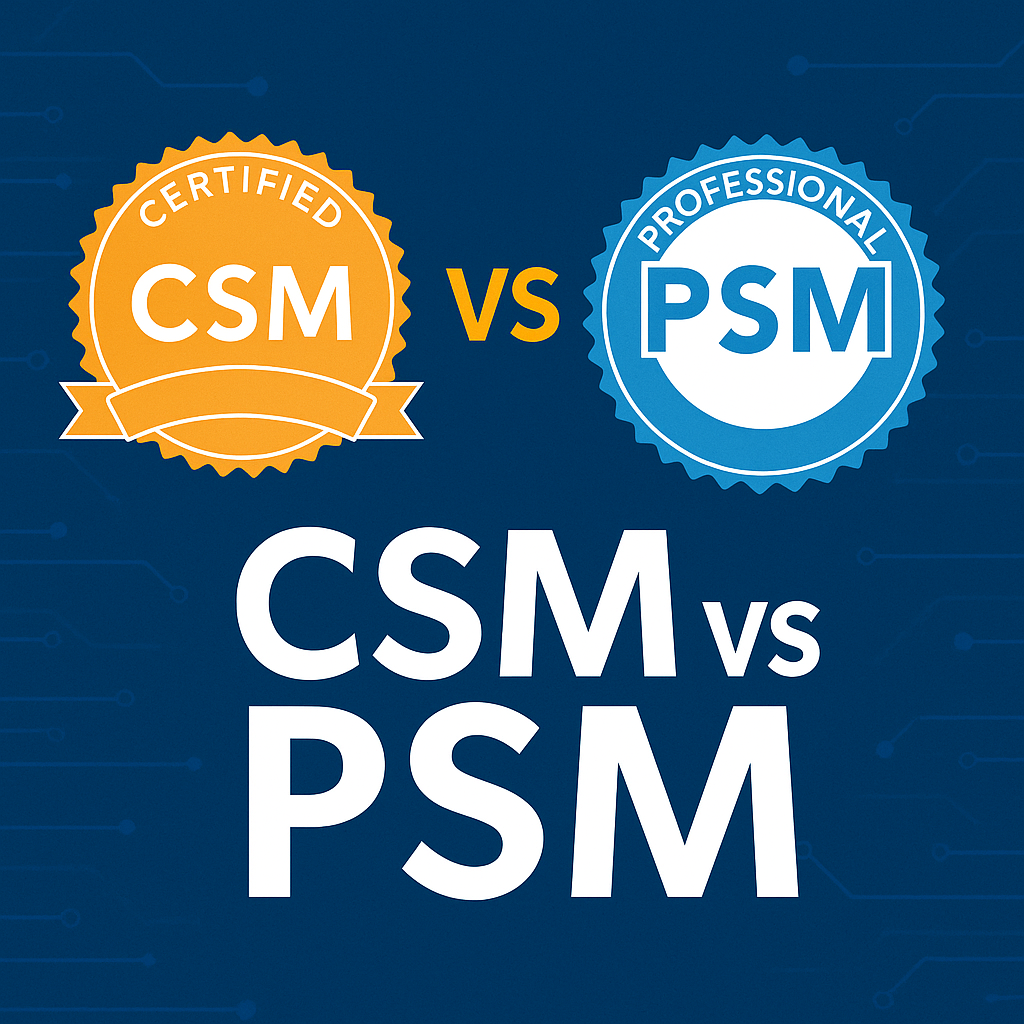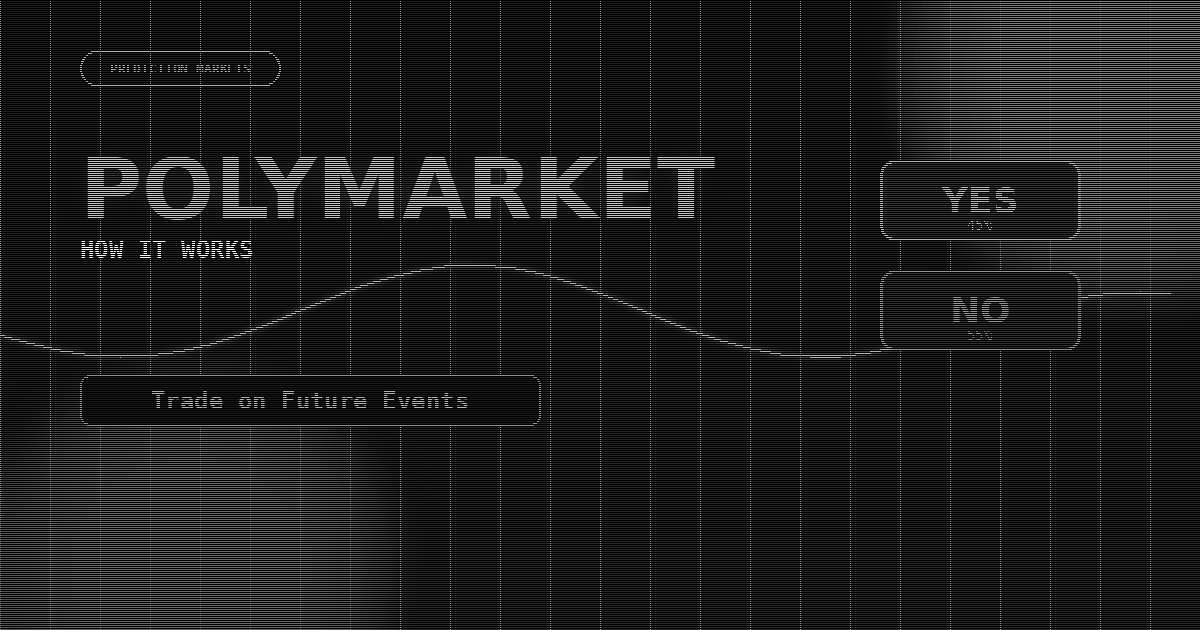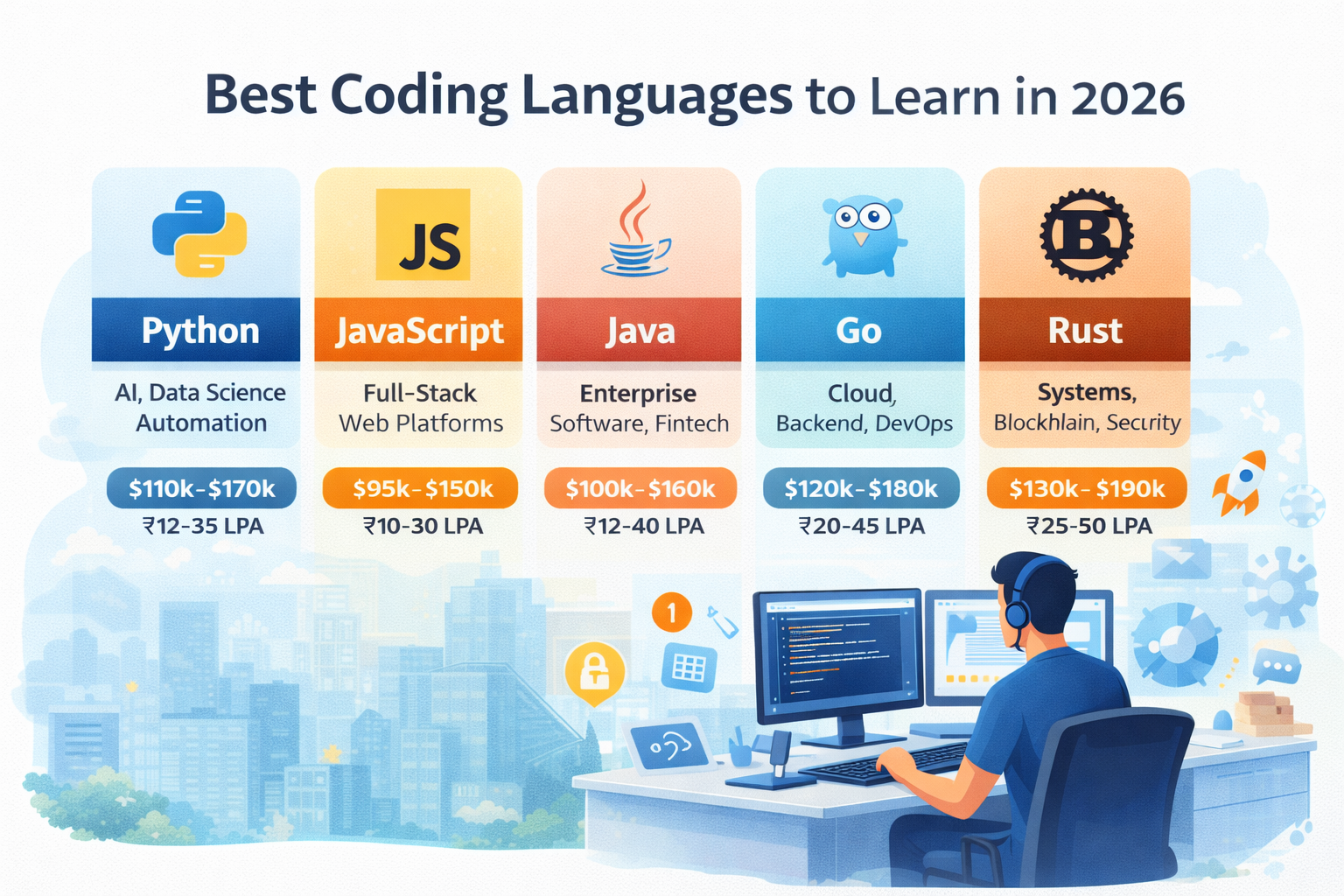CSM vs PSM: Key Differences, Career Paths, Exam Guide & Which One You Should Choose in 2025

In the world of Agile project management, becoming a Scrum Master is one of the most in-demand roles in 2025. Two globally recognized certifications dominate this space: Certified ScrumMaster (CSM) by Scrum Alliance and Professional Scrum Master (PSM) by Scrum.org. While both serve the same purpose of validating your understanding of Scrum frameworks, they differ in several ways—exam format, cost, credibility, and global acceptance – CSM vs PSM.
Let’s break down CSM vs PSM to help you decide which certification aligns with your career goals.
What is CSM?
Certified ScrumMaster (CSM) is offered by Scrum Alliance, a non-profit that has been promoting Agile since 2001. CSM is one of the oldest and most recognized certifications for Scrum Masters.
Key Features:
- Requires mandatory 2-day training by a Certified Scrum Trainer.
- Exam can only be taken after training completion.
- Exam format: 50 MCQs, 60 minutes, minimum 74% to pass.
- Cost: Ranges from $400 to $1000, depending on the trainer.
What is PSM?
Professional Scrum Master (PSM) is offered by Scrum.org, co-founded by Ken Schwaber, one of the creators of Scrum.
Key Features:
- No mandatory training required.
- You can directly take the exam online.
- Exam format: 80 MCQs, 60 minutes, minimum 85% to pass.
- Cost: $150 for PSM I, $250 for PSM II, and $500 for PSM III.
CSM vs PSM: A Detailed Comparison
| Criteria | CSM | PSM |
|---|---|---|
| Issuing Body | Scrum Alliance | Scrum.org |
| Training Requirement | Mandatory 2-day training | Optional (Self-study allowed) |
| Exam Cost | $400 – $1000 (incl. training) | $150 (PSM I) |
| Passing Criteria | 74% | 85% |
| Exam Difficulty | Relatively easier | More challenging |
| Certificate Validity | 2 years (renewal required) | Lifetime |
| Focus | Practical application, team behavior | Deep theoretical understanding |
Which Certification Should You Choose?
Choose CSM if:
- You’re new to Agile and want instructor-led guidance.
- You’re looking for certification backed by interactive training.
- You prefer collaborative learning with real-time Q&A sessions.
Choose PSM if:
- You’re self-disciplined and have a solid grasp of Scrum already.
- You’re seeking a cost-effective and more challenging certification.
- You want a lifetime certification with no renewal fees.
Job Possibilities and Career Growth
Both CSM and PSM are widely accepted in the Agile community and can open doors to lucrative roles such as:
- Scrum Master
- Agile Coach
- Product Owner (with experience)
- Project Manager (Agile)
- Release Train Engineer (Scaled Agile roles)
Salaries:
- CSM Holders: Average $90,000 – $120,000 annually (USA)
- PSM Holders: Average $95,000 – $125,000 annually (USA)
Note: Salaries may vary by region, company size, and experience level.
Preparation Tips for Both Exams
CSM:
- Attend the full 2-day training.
- Ask plenty of questions during training.
- Use official Scrum Alliance material for revision.
PSM:
- Study the Scrum Guide thoroughly.
- Practice on Scrum.org’s Open Assessments.
- Read “Scrum Mastery” by Geoff Watts or similar titles.
Conclusion: CSM vs PSM in 2025
CSM vs PSM: Both certifications hold weight in the job market. If you’re a beginner, start with CSM to build foundational knowledge in a structured environment. If you’re experienced or self-driven, PSM offers a deeper dive into the core principles of Scrum at a lower cost and no expiry.
As an experienced Scrum master, let me tell you that this is a good path and will be helpful in the future for shaping a better career for your goals.
In the end, the right choice depends on your learning style, career goals, and experience level in the Agile ecosystem.
#ScrumMaster #CSMvsPSM #AgileCertification #ProjectManagement #ScrumJobs #TechCareers #PSM2025 #CSMTraining #ScrumGuide #CareerInAgile





